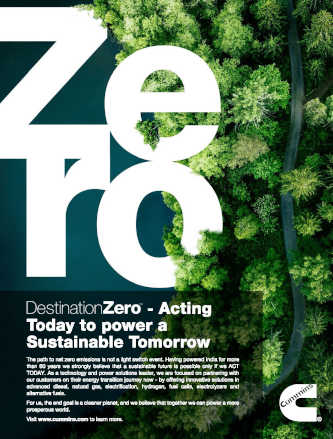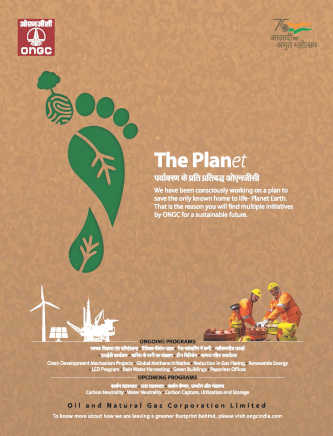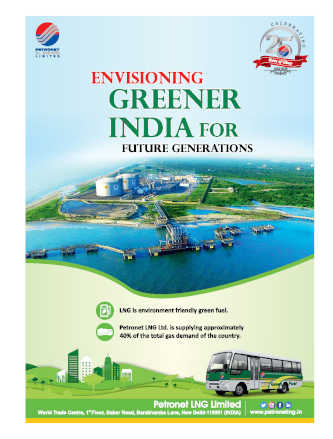There is a basic problem following the advice to wash your hands with soap and water for at least 20 seconds many times a day to keep the pandemic at bay: you use a lot of water. Added to this, of course, is the amount of chemical pollutant in the form of soap that drains out into the environment. No longer, says Shashi Thete: Quickosh is here! This is an innovative machine which promises saving of 88 per cent of the water and 90 per cent of the soap used in the conventional method using a wash basin. Thete’s automatic handwash machine, developed at his Sigma Toolings Research and Development Center, enables contactless cleaning and sanitising in an eco-friendly way. Inefficient use of water is among the top reasons for the water scarcity in India, affecting over 600 million people. Worse still, the recent past indicates that the water crisis is worsening given the delays in monsoons induced by climate change, leading to the drying up of reservoirs in several regions including Aurangabad in Maharashtra, where he is based. Poor water management and infrastructure, worsened by unchecked water pollution, are adding to the acute water shortage. But everyone is still asked to wash their hands again and again to slow the spread of Covid-19. Washing your hands with soap in a wash basin typically needs 1.8 litres of water. Doing this at least five or six times a day takes the total to 11 litres per day per person. For an average family, this works out at 50 litres a day and 1.5 kilolitres a month. “In several regions, including Aurangabad, this is unimaginable,” Thete says.
-

Put your hands into the machine, and presto! They get cleaned with a soap-water mist























